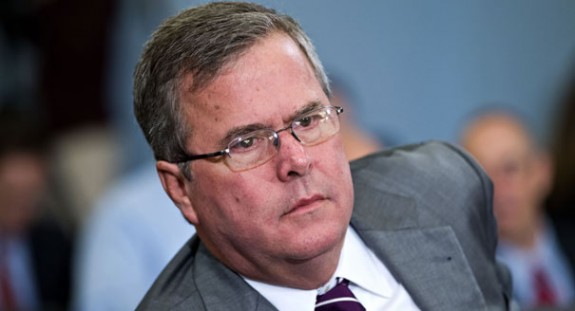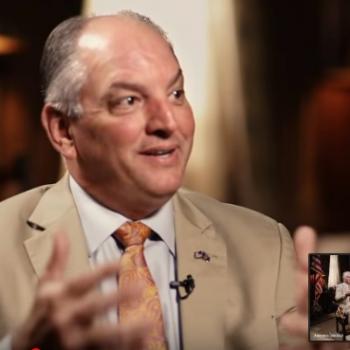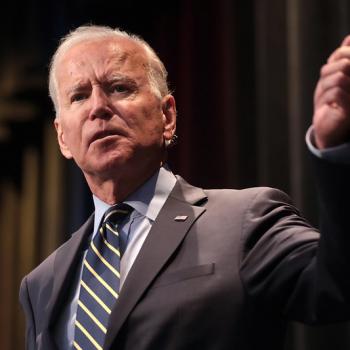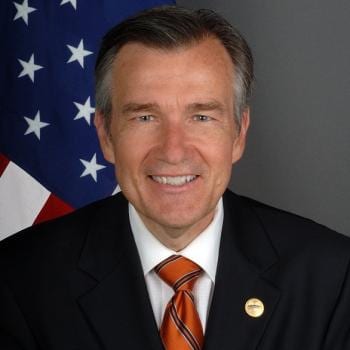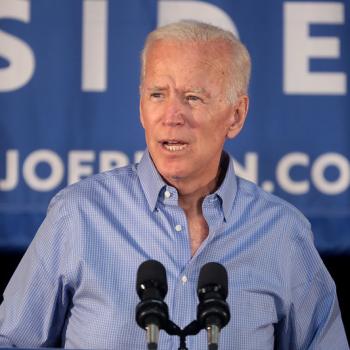How many voters know that former Florida Gov. Jeb Bush is a Roman Catholic? Or that Texas Sen. Ted Cruz is a Southern Baptist, not a Latino Catholic? Or that Florida Sen. Marco Rubio worships at both a Catholic parish and an evangelical church?
More importantly, does it matter?
Actually, it does in today’s Republican Party, where a number of factors have forged a new religious identity that supersedes familiar old categories.
These prominent Republicans are emblematic of the new religious amalgam that, in many instances, has helped refashion denominational differences that were once almost insurmountable. Look no further than the stunning Virginia primary victory of Dave Brat, a Catholic with degrees from a Reformed Protestant college in Michigan and Princeton Theological Seminary, who took down House Majority Leader Eric Cantor last week.
Running in a conservative district in the Richmond suburbs, Brat is described as both a Catholic and Calvinist, labels that would be considered incompatible in almost any realm. He’s a champion of a resurgent movement among Catholic intellectuals that seeks to marry Catholic social teaching with free-market economic libertarianism.
Recent presidential elections have elevated several evangelicals, including former Arkansas Gov. Mike Huckabee, former Alaska Gov. Sarah Palin and Texas Gov. Rick Perry. But heading into the 2014 midterm elections, several of the Republican Party’s emerging leaders are Catholic, including some who maintain evangelical backgrounds or tendencies.
The challenge for Catholic politicians might be finding the balancing act between a Catholic and an evangelical appeal, said Amy E. Black, a political science professor at Wheaton College in Illinois.
“While the Catholic faith used to be a liability, it might even be an asset now,” Black said. “Evangelicals are a solid voting bloc in the Republican Party, whereas Catholics are likely to be swing voters. Republican presidential candidates know they need to appeal to evangelical voters, and they want to win over as many Catholic voters as they can.”

